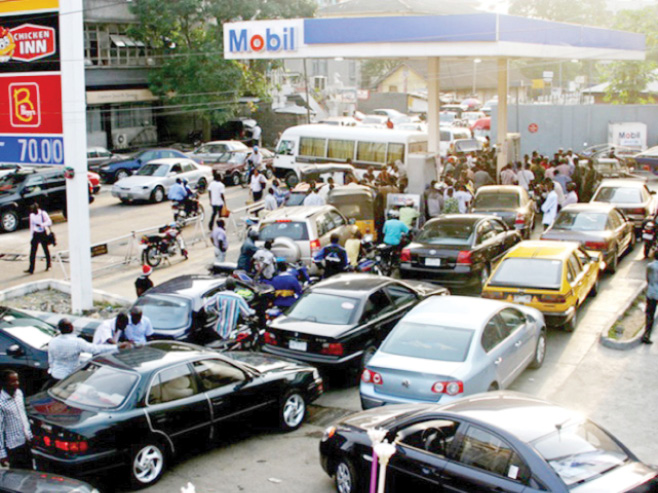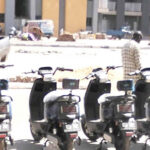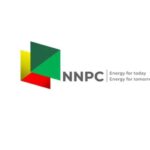Long queues are snaking back at petrol stations across Africa’s biggest economy, raising fresh concerns about shortages as the Nigerian National Petroleum Company Ltd (NNPCL) struggles with a staggering $6 billion petrol payment backlog.
BusienssDay reports that NNPC owes around $6 billion to international traders for imported petrol as traders said the state-owned company is taking more days to make payment instead of within 90 days. It quoted Reuters as saying that NNPC’s mounting debt, which includes overdue payments exceeding $4 billion-$5 billion for January imports alone as several international petrol suppliers have ceased participating in recent tenders.
“The only reason traders are putting up with it is the $250,000 a month (per cargo) for late payment compensation,” one industry source told Reuters.
The payment delays underscore the creeping return of fuel subsidies – scrapped in May 2023 – that sap NNPC’s cash for imports and what it can send to President Bola Tinubu’s government.
At least two suppliers already stopped participating in recent tenders after hitting self-imposed debt exposure limits to Nigeria, the sources said, meaning they will not send more gasoline until they receive payments.
NNPC’s suppliers, including international traders like Vitol, Mercuria and Gunvor as well as Nigeria-based trading houses declined to be named because they are not authorised to speak to the media. The trading firms declined to comment.
BusinessDay’s findings showed traders thrive in risky environments, but they place limits on how much credit they allocate per trade to avoid too much exposure on one borrower. These limits vary by company based on their size and where they operate.
As a result, Nigeria’s tenders to buy petrol in June and July were smaller, traders told Reuters.
NNPC will import via tender about 850,000 tonnes in July, two of the sources said, down from the typical 1 million tonnes in previous months.
The above development means Nigerians are once again facing long queues and petrol scarcity across major cities, according to findings by BusinessDay.
Reports indicated that queues have reappeared in Lagos, Abuja, and other major cities across the country. Culled from Business Day

 Join Daily Trust WhatsApp Community For Quick Access To News and Happenings Around You.
Join Daily Trust WhatsApp Community For Quick Access To News and Happenings Around You.


